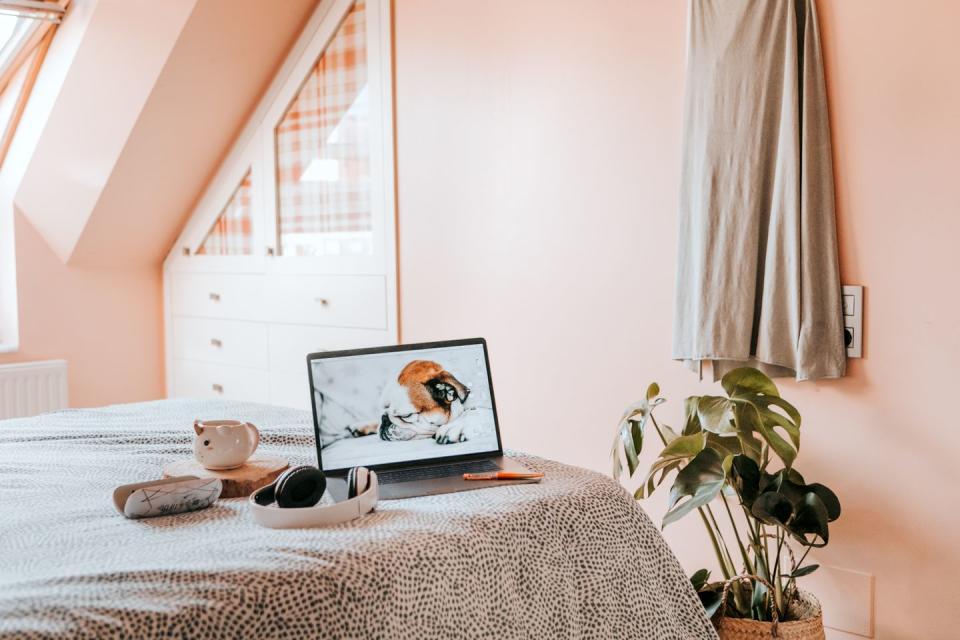Research shows drop in Imposter Syndrome while working from home during lockdown
Remote working brings with it a myriad of challenges, from struggling to stay focused to navigating video conference calls, but there are plus sides to appreciate too.
As well as perks like less commute stress and easy access to the fridge, one surprising benefit of more Britons working at home during the pandemic has been an increase in confidence.
A new survey from Total Jobs shows that fewer people are now experiencing Imposter Syndrome due to their current WFH set up.
Imposter Syndrome describes the psychological condition that makes sufferers doubt their own accomplishments. They often have a persistent worry about being exposed as a fake and feeling unworthy on a daily basis can have a serious impact on your mental health.

It was estimated that a staggering 7 in 10 UK workers experienced imposter feelings in 2019. But there's good news: the study, which featured more than 2,000 workers in the UK, shows a 57% decrease in rates of Imposter Syndrome during lockdown.
Now, 3 in 10 workers find themselves experiencing imposter feelings. This reduction could be down to a change in our physical workplaces, allowing for more autonomy and the chance to create a more bespoke work set-up.
"Imposter Phenomenon is related to context. If the context changes, so can experiences of Imposter-ism. It’s socially constructed, so change the social circumstances and the experience may change too," says Terri Simpkin, researcher and academic, of the findings.
Interestingly, it also seems that the fear is less common for older people, with just 21% of Baby Boomers feeling like 'imposters' compared to 33% of Gen X and 48% of Generation X.
On the downside, those who are already experiencing Imposter Syndrome are likely to be working harder than ever during lockdown. 40% of UK workers admitted that they’re overdoing it because of anxiety about the quality of their work, with many saying they're now working longer hours and avoiding taking annual leave or sick days. With another six months of WFH ahead, it's an adjustment we're all learning to manage.
You Might Also Like


